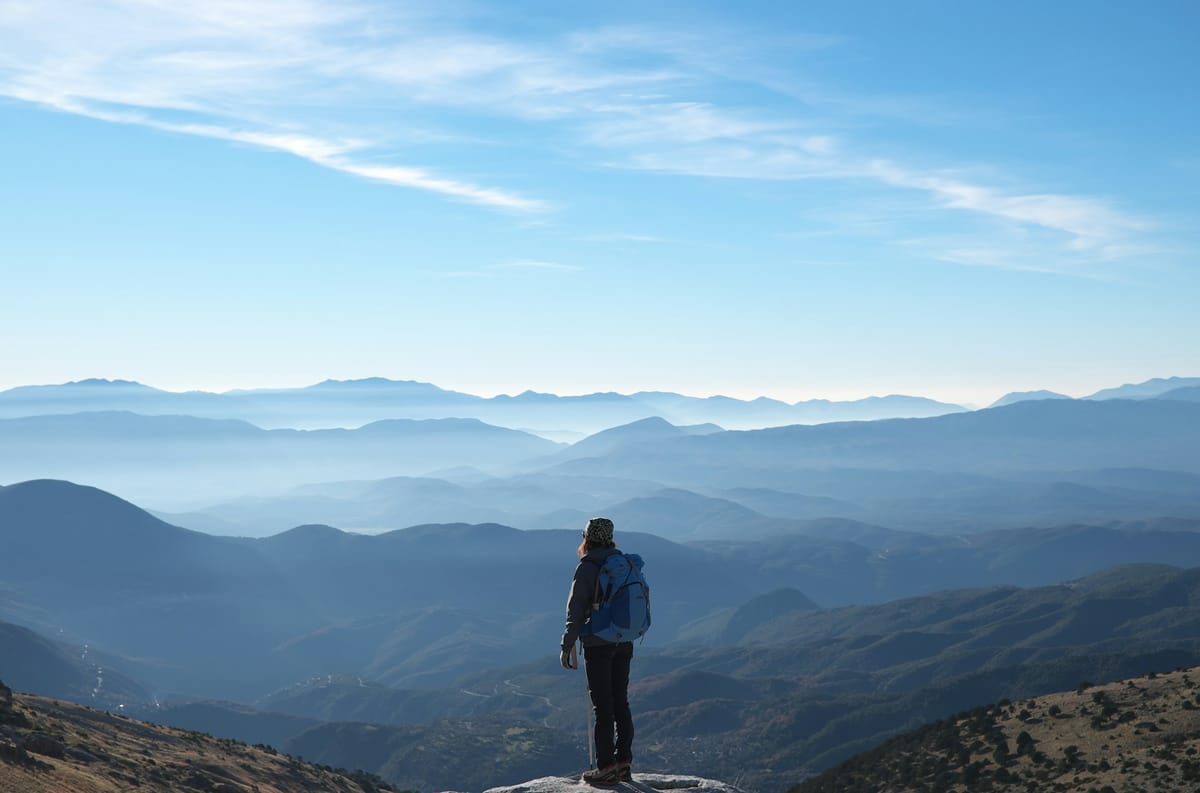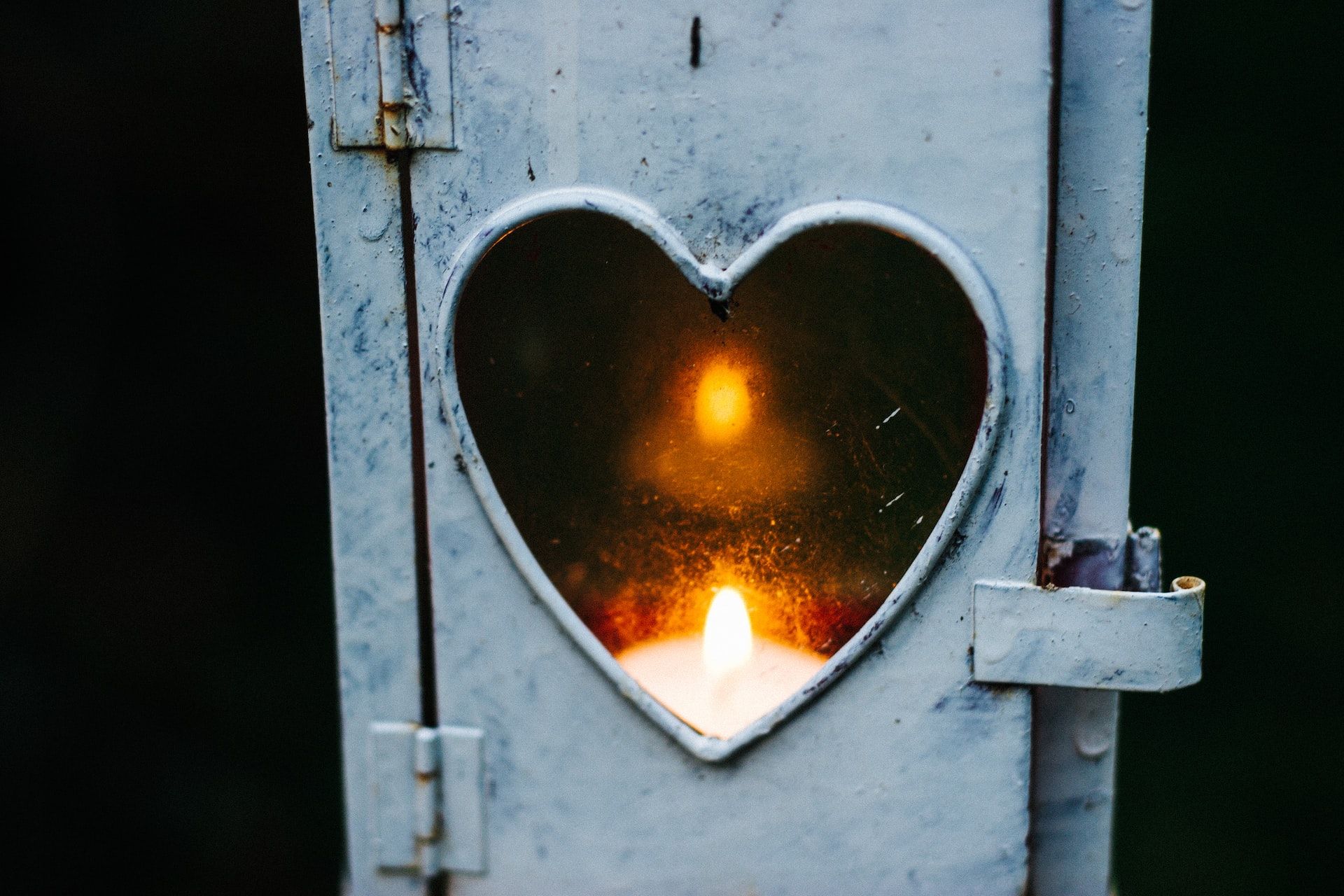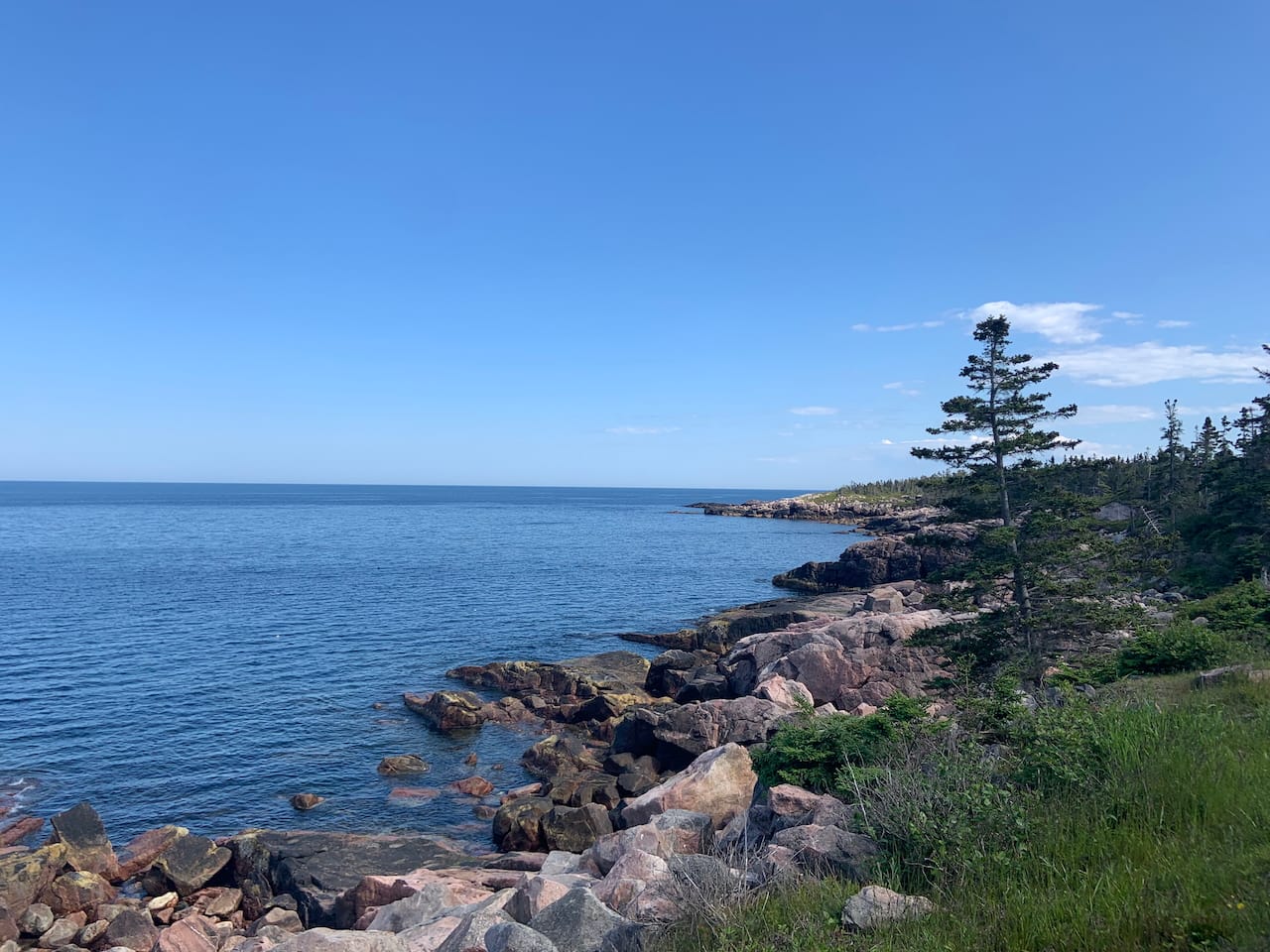what would your deathbed regrets be?
And knowing those, how would you choose to live differently today?

I've been enamoured by the concept of 'regrets of the dying' made popular by Bronnie Ware ever since I heard of it many years, perhaps decades, ago.
If you haven't heard of it, Ware worked in palliative care and got to spend time with people who were in their last weeks of life. In her conversations with them, she observed recurrences of certain themes that the people who were dying mentioned they regretted about their lives.
Excerpting from her blog post, the top five regrets are as follows:
I wish I’d had the courage to live a life true to myself, not the life others expected of me.
I wish I hadn’t worked so hard.
I wish I’d had the courage to express my feelings.
I wish I had stayed in touch with my friends.
I wish that I had let myself be happier.
The Top Five Regrets of the Dying: A Life Transformed by the Dearly Departing is in fact a book by Ware, spun out of the blog post and published way back in 2011.
When I first came across Ware's observations, I was probably a lost and confused soul in my late twenties/early thirties.
When I started to reflect on all that I'd likely regret on my deathbed, assuming that I'd live a long life, I remember being seized by the urge to travel and live close to nature.
Even though I was working in marketing for an IT services firm at the time, even though I was enjoying my work greatly, ever since I started thinking about how those on their deathbed regretted having worked hard in their lives, I started to feel disappointed with my ambition. Ashamed, even.
I thought I ought to do something different, something to write home about. Something Instagram-worthy? (Even though Instagram was probably not a thing back then. But Orkut was!)
Travel and blogging were becoming more mainstream and I thought I ought to get into that. Live a life of adventure! Something heroic. Have lots of stories to regale my friends and grandchildren with.
Except, that wasn't really where my heart was. It took me at least a decade to come to that realization.
Feelings. They are such funny and complex things.
It was only a few years ago when I read a book titled Be A Triangle by YouTuber and actress, Lilly Singh, that I finally realized that ambition wasn't a dirty word.
I wrote about this at length back then.

But the paragraphs that come to mind are the ones that follow.
Much of contemporary self-help advice is in the form of suggestions doled out to everyone, irrespective of where they are in their lives.
Someone on their deathbed may look back and wish they had spent more time with family, but when you are in your twenties and young and the world is a treasure-chest you haven't yet started exploring, when you are a big mystery to your own self, of course you're not going to want to sit at home and spend more time with family.
Instead, you're going to want to go out, leave the cocoon of your home and take some risks and have adventures and find out for yourself the kind of person you are becoming, the kind of person you want to be, the absolutely amazing kind of person you already are.
And there is nothing wrong with that. There is nothing wrong with that.
I think I've spent a great deal of my life wishing I were someone else, somewhere else, doing something else.
I've also often turned to others for advice about myself, sought out the teachings of wisdom teachers to shine some light on the path.
But every human being — no matter whether you look upon them as a mystic or a demigod or a guru — speaks from their own experience.
In order to figure out who we are, what we think, how we wish to think, we must stop making the mistake of turning to others. Because others can only tell us about what, why and how they think.
When we approach them for wisdom about ourselves, they will only see us through the lenses of their conditioning and biases. I doubt any human being living in this world, no matter how self-realized they claim to be, is free of prejudices.
I have come to this lesson far too late in life. I'll turn 45 this year, and when I look back at the amount of time I've spent reading self-help books, soaking in the wisdom of others — a good 25 years! — I can't help but wonder that if I had spent even a fraction of that time looking inwards, I'd now know my own self a whole better than I actually do.
Mercifully, it doesn't even take that long to observe and understand ourselves.
For me, coming back to myself has been a long journey. I set out on a quest to find myself when I was in my early 20s, seeking wisdom in the teachings of Osho to begin with, then quickly moving on to other teachers, ricocheting between them all like a squash ball bouncing from one racket to the wall to another racket and back to the wall in quick succession.
Trying to implement conscious parenting after D came into our lives 9 years ago, when I was in my mid-30s, was itself a big eye-opener.
This past year has been one of greater discovery and acceptance, perhaps partially because D is old enough now that we're not always buried under childcare responsibilities, and partially because I'm embracing various aspects of my creative self without pressuring myself to work more and monetize faster.
Or perhaps it just needed time. Time for us to grow old enough to start reckoning with our own mortalities, with the ever-shifting nature of the external world of form, and accepting and honouring our utter humanness at the end of the day.
So what does all this have to do with deathbed regrets?
I've learnt that the only thing I'd regret at the end of my life are the moments when I wasn't present enough to myself, to the people around me, in whatever situation I found myself in.
I wouldn't regret spending time with lovely D and KrA. I wouldn't regret working hard. I wouldn't also regret reading great books and watching amazing movies.
What I would regret are the times I spent wishing I were someone else, in someplace else, doing something else.
Which means I've been consciously practising not time travelling in my head.
When I look at the blue sky and white clouds outside the window, I'm learning to be content with having this view to savour instead of wishing I were on a beach somewhere, enjoying this vast expanse of blue.
Neither experience is greater or lesser than the other. Sometimes I'm at a beach. Sometimes I'm at the lakefront in Paletta. Often I'm at home.

No matter where I am, I can still enjoy the dance of sunshine and leaf-shadow, of clouds and the colour-changing sky, of seemingly mundane domesticity and the vastness of the wild outdoors.
When the desire is to be present and not possess, there's little that can derail you.
I wish to spend my life being present, showing up to experiences that make their way into my life, not running away from them or manipulating circumstances and people in the illusion that I have any control over life and its ways.
It is not at all my desire to own any more stuff than I already do unless there is a functional need for it.
A simple, clutter-free life suddenly opens up space to show up with more presence in our day-to-day life.
And I've also travelled to enough places by now to know that no matter where we go, our experiences are coloured by the state of our existence at that point in space and time.
So tell me, what do you think your deathbed regrets would be? And once you know them, what do you intend to do about them?
If you loved this essay and would like to stay in touch, sign up for my free newsletter, Monthly Missives from The Dream Pedlar.
